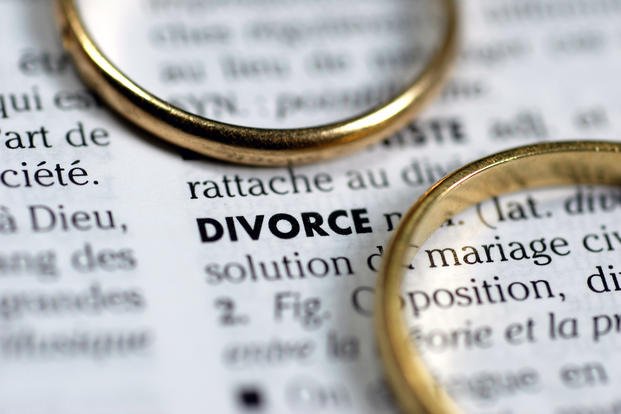Many people are confused about a former spouse's eligibility for military related benefits after a divorce. The Uniformed Services Former Spouse Protection Act (USFSPA) is a federal law that addresses these concerns.
Former Spouse Eligibility to Retired Pay
While there is no law that automatically entitles a former spouse to any portion of a military retiree's pay, the USFSPA authorizes state courts to divide military retired pay as a marital asset. It also provides a method of enforcing child support and current alimony payments from a military retiree.
For division of property to be enforced under the USFSPA, a member and former spouse must have been married to each other for 10 years or more during which the member performed at least 10 years of military service creditable towards retirement eligibility (the 10/10 rule).
Tricare, Commissary, and Exchange Privileges for Former Spouses
The USFSPA also permits former spouses to continue receiving commissary, exchange and health care benefits after a divorce in certain cases.
In order to qualify for continued benefits a former spouse must show that the service member served at least 20 years of creditable service, that the marriage lasted at least 20 years and that the period of the marriage overlapped the period of service by at least 20 years. A former spouse who meets these requirements is known as a 20/20/20 former spouse and is entitled to full commissary, exchange and health care benefits.
These benefits include Tricare and care at a military treatment facility. Former spouses who do not meet these requirements lose their commissary and exchange privileges once the divorce is final.
In cases where the servicemember served 20 years of creditable service, the marriage lasted 20 years, but the period of the marriage overlapped the period of service by only 15 years the former spouse is entitled to Tricare foronly for a transitional period of one year following the divorce. This is the 20/20/15 rule.
After this year of coverage, the ex-spouse may purchase a DOD-negotiated conversion health policy. Full coverage also requires that the former spouse does not remarry nor enroll in an employer-sponsored health insurance plan.
Former spouses who are neither 20/20/20 nor 20/20/15 former spouses are not entitled to any Tricare benefits after a divorce. But they are eligible for the DOD Continued Health Care Benefit Program, a premium based temporary health care coverage program for 36 months of coverage until alternative coverage can be obtained, if they enroll within 60 days of losing full military health care benefits.
For any questions regarding USFSPA, call your local military legal office and schedule an appointment with an attorney. You can find links to military legal assistance offices at the Military.com Free Legal Assistance web page.
For more information about the USFSPA see Defense Finance & Accounting Service's website.
Know All Your Legal Rights and Benefits
Be aware and get what you are entitled to. Keep up with all the legal benefits available to you as a service member, veteran or spouse and get updates delivered straight to your inbox by subscribing to Military.com.












